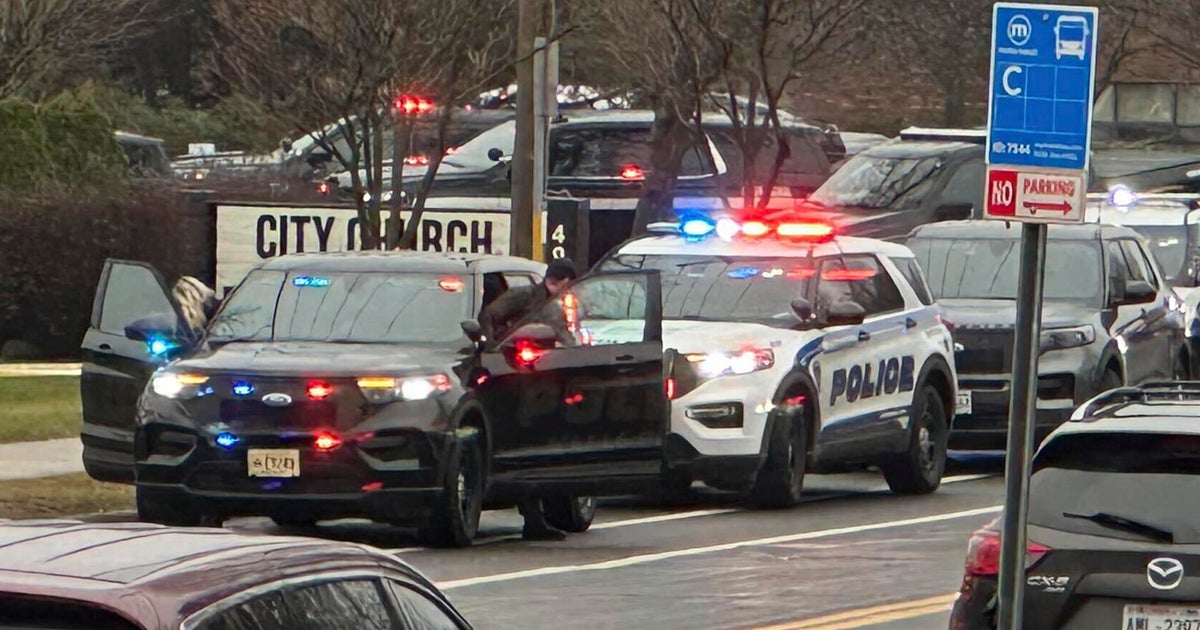Officials and community leaders anxiously await SCOTUS homelessness ruling
MINNEAPOLIS — Local officials and community support organizations are anxiously awaiting a decision from the U.S. Supreme Court that could drastically limit how governments manage homeless encampments.
At stake for SCOTUS is the constitutionality of local laws that ban public camping, and whether arresting people for sleeping in public places violate the Eighth Amendment's prohibition on cruel and unusual punishment.
The case is the most significant involving homelessness to come before the nation's highest court in decades.
"Every homeless person isn't a criminal," Rich Melzer, CEO of YouthLink MN, a youth services organization in downtown Minneapolis. "If an individual is homeless, a bed isn't the only thing that's going to suit their needs and keeps them off the streets. "
The court heard arguments earlier this year after agreeing to take up a case arising from Grants Pass, Oregon, which enacted three ordinances that prohibit sleeping on public sidewalks or streets and camping on streets, parks or other publicly owned property. Violators are subject to civil citations and can be barred from entering a city park for 30 days.
Three homeless residents sued the city in October 2018 on behalf of themselves and "all involuntarily homeless individuals living in Grants Pass." They sought to block the city from enforcing the ordinances, which they said unconstitutionally punished them for resting, sleeping and seeking shelter from the elements in Grants Pass. A count of homeless individuals conducted by the United Community Action Network in January 2019 found there were 602 homeless people in the city.
The plaintiffs argued that the city had "criminalized their existence in Grants Pass," as there are no city-run homeless shelters there and only two privately run housing programs, which serve a fraction of the homeless population.
A federal district court ruled against the city, finding in part that the Eighth Amendment prohibits civil enforcement of its ordinances. The court blocked Grants Pass from enforcing its anti-camping ordinances in city parks at night and allowed it to enforce the rules during daytime hours if it provides 24-hours advance warning.
According to Melzer, whatever the court decides will still add pressure to organizations like YouthLink.
"The challenges we face are anything from the drug epidemic, abuse, trafficking," he warned. "Adding this nuance of criminalizing homeless people for sleeping in public, it's going to change and challenge us in ways that can't be predicted."




